Red Hat adds four years of extended support for RHEL 7
An additional three years are also added to RHEL 8 and 9's lifecycles, which are still both fully supported


Linux vendor Red Hat has announced up to four years of extended support for Red Hat Enterprise Linux 7, further prolonging the usability for customers that are unable to upgrade.
Red Hat releases usually follow a ten-year life cycle. During the first five years, customers receive full support “including bug fixes, security patches, software enhancements, hardware enablement and backports”.
The second five years is maintenance support, which means patches and bug fixes are released on an as-needed basis.
If, after ten years, an organization wishes to remain on that major release it is possible to pay for Extended Life Cycle Support (ELS). This had ensured security and bug fixes were received for two more years.
Red Hat has now doubled this to four years - so long as the organization is on RHEL 7.9.
“Compared to previous major releases, ELS for RHEL 7 (RHEL 7.9) expands the scope of security fixes by including updates that address Important CVEs,” said Red Hat.
The support also includes maintenance for Red Hat Enterprise Linux for SAP Solutions and Red Hat Enterprise Linux High Availability and Resilient Storage add-ons.
Get the ITPro daily newsletter
Sign up today and you will receive a free copy of our Future Focus 2025 report - the leading guidance on AI, cybersecurity and other IT challenges as per 700+ senior executives
The company has also extended the ELS for RHEL 8 and 9 by three years. Both are currently fully supported - although the end of full support for RHEL 8 is due in 2024, with maintenance support ending in 2029.
Who is still using RHEL 7?
A Red Hat spokesperson said: “RHEL subscriptions aren't tied to a version number (when you buy a sub, you can choose any number of supported versions at install)”. As such, a definitive number is difficult to ascertain.
However, the company’s move indicates that there is sufficient demand to justify extending ELS for RHEL 7.
RELATED RESOURCE
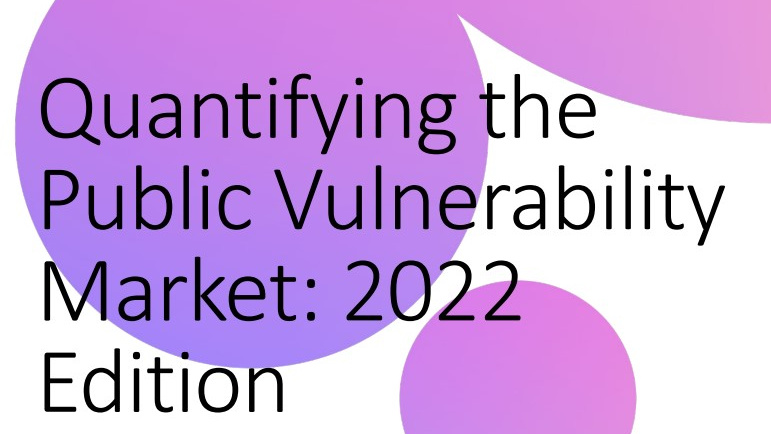
Quantifying the public vulnerability market
Read how the reporting of vulnerabilities is contributing to greater, comprehensive security
Enterprises using the operating system will often be reluctant to go through the upgrade and revalidation process unless there is a clear business case for doing so.
“Some IT shops may have mission-critical systems running RHEL 7 that simply cannot risk downtime for whatever reason, which makes any kind of upgrade too risky for them,” said Red Hat’s spokesperson.
"Others may have third-party or internal dependencies, like an application or service, that is only certified for or requires specific packages from a RHEL 7 version.
“Generally it's likely some combination of these factors that would lead an organization to not upgrade and instead opt for ELS.”
In addition, going through such an upgrade raises the possibility of customers considering alternative vendors.
One observer wrote that “while I’m not enthused about keeping RHEL 7 in prod for 14 years, at least we’ll get security fixes”.
Red Hat’s original support period could have been regarded as a little short by some onlookers.
Rival SUSE also has a ten-year product life cycle for recent versions of SUSE Linux Enterprise, followed by three years of Long Term Service Pack Support (LTSS).
This means that SLES 12, launched in 2014 - the same year as RHEL 7 - will receive support and maintenance until 2027.
Enterprises preferring to stay with legacy operating systems and applications has long been an issue for vendors.
Microsoft called a halt to Enterprise Security Updates (ESU) for Windows Server 2008 and Windows Server 2008 R2 after three years in 2023, although workloads hosted on Azure virtual machines have until 2024.
Windows Server 2012 and Windows Server 2012 R2 have three years of extended security updates, ending in 2026 regardless of location.
CentOS 7 reaches end of life in 2024
“This does not apply to CentOS Linux 7 - ELS is purely for RHEL 7 customers,” said the spokesperson.
ELS source is not usually published after the EOL date for RHEL versions, meaning that a year of support - until 30 June 2024 - remains for CentOS 7.
Once this point is reached, users will need to migrate to either CentOS Stream or consider an alternative distribution.

Richard Speed is an expert in databases, DevOps and IT regulations and governance. He was previously a Staff Writer for ITPro, CloudPro and ChannelPro, before going freelance. He first joined Future in 2023 having worked as a reporter for The Register. He has also attended numerous domestic and international events, including Microsoft's Build and Ignite conferences and both US and EU KubeCons.
Prior to joining The Register, he spent a number of years working in IT in the pharmaceutical and financial sectors.
-
 Bigger salaries, more burnout: Is the CISO role in crisis?
Bigger salaries, more burnout: Is the CISO role in crisis?In-depth CISOs are more stressed than ever before – but why is this and what can be done?
By Kate O'Flaherty Published
-
 Cheap cyber crime kits can be bought on the dark web for less than $25
Cheap cyber crime kits can be bought on the dark web for less than $25News Research from NordVPN shows phishing kits are now widely available on the dark web and via messaging apps like Telegram, and are often selling for less than $25.
By Emma Woollacott Published
-
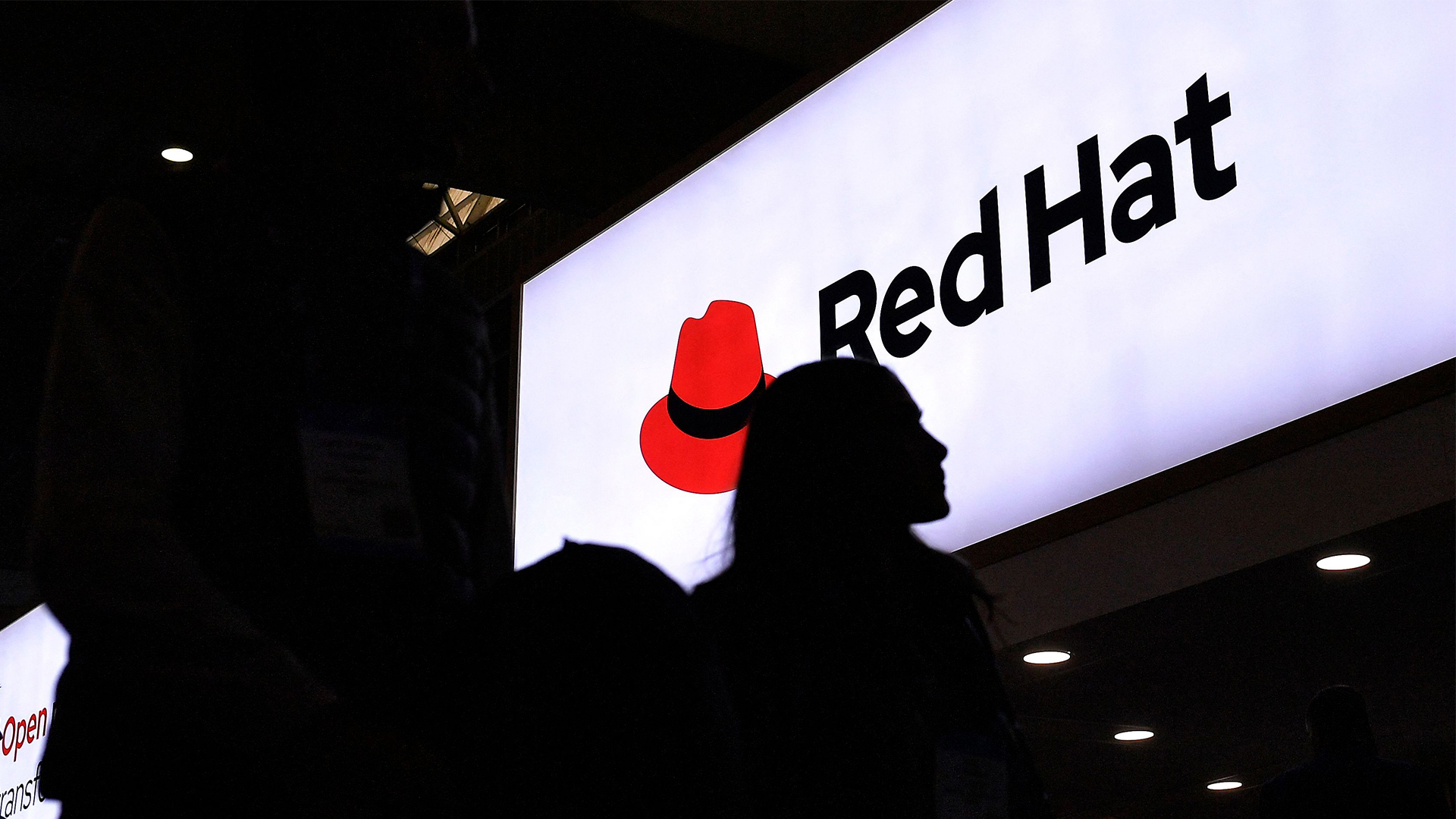 Red Hat just made three big changes to its developer hub – here’s what you need to know
Red Hat just made three big changes to its developer hub – here’s what you need to knowNews Red Hat has unveiled a raft of upgrades for Red Hat Developer Hub (RDHD), including support for a local version as well as new analytics.
By Nicole Kobie Published
-
 Red Hat launches Build module as part of partner program refresh
Red Hat launches Build module as part of partner program refreshNews Red Hat has announced new changes to its partner program, including the launch of a new 'Build' module and go-to-market support capabilities.
By Daniel Todd Published
-
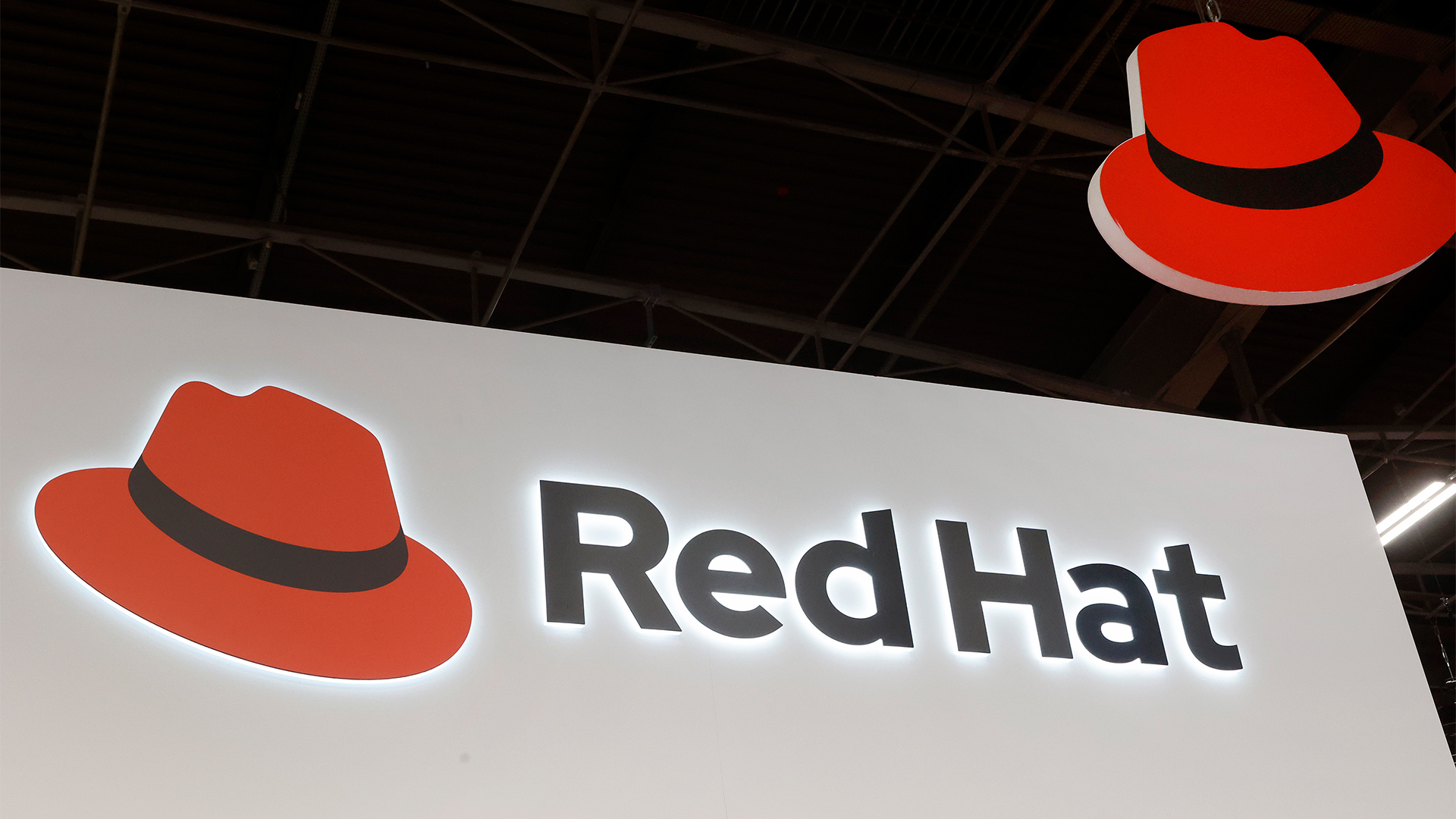 Red Hat eyes “clear pathways for collaboration” with new partner program updates
Red Hat eyes “clear pathways for collaboration” with new partner program updatesNews The enhanced framework for Red Hat partners features a new modular design and fresh incentives
By Daniel Todd Published
-
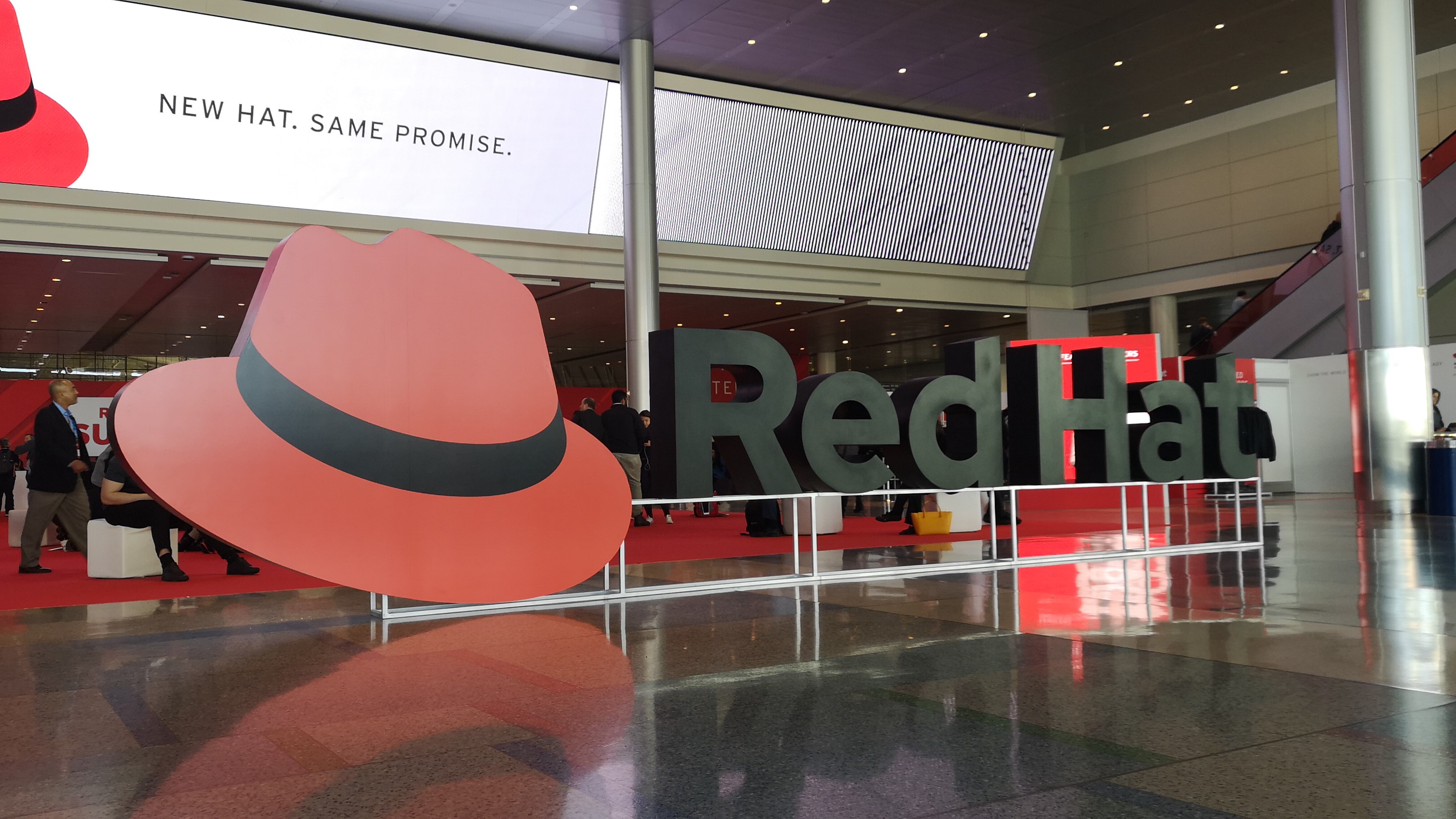 Red Hat adds trio of new tools to its Trusted Software Supply Chain
Red Hat adds trio of new tools to its Trusted Software Supply ChainNews The open-source giant said the additions will help organizations tackle vulnerabilities in their supply chains earlier and improve overall resiliency
By Daniel Todd Published
-
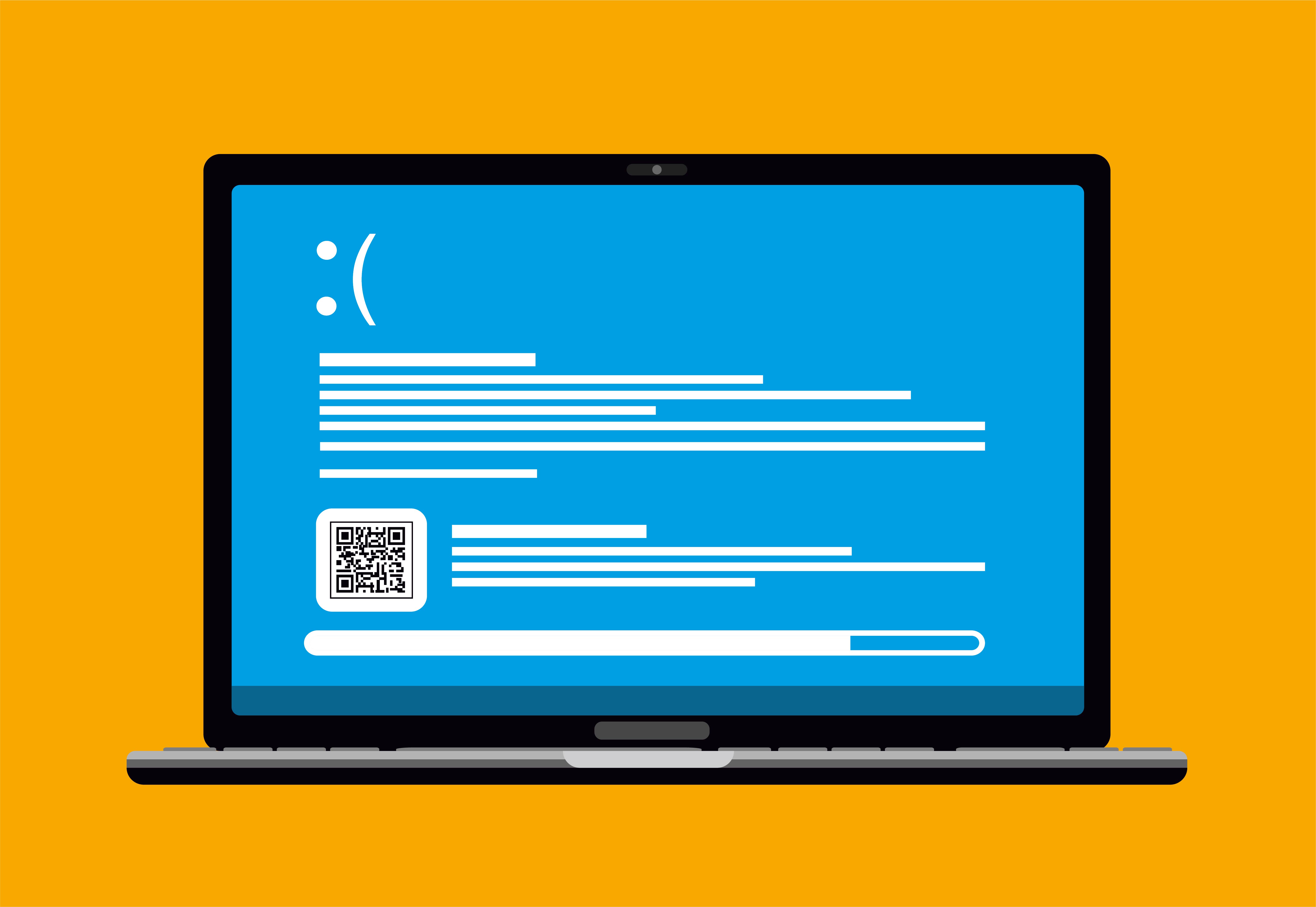 Linux Blue Screen of Death gives users a taste of the dreaded Windows feature
Linux Blue Screen of Death gives users a taste of the dreaded Windows featureNews The Linux Blue Screen of Death has been added in a recent update
By Ross Kelly Published
-
 Red Hat Enterprise Linux becomes foundational operating system for Cohesity Data Cloud
Red Hat Enterprise Linux becomes foundational operating system for Cohesity Data CloudNews New strategic partnership between Red Hat and Cohesity aims to drive innovation in the data security and management space
By Daniel Todd Published
-
 Can the Open Enterprise Linux Association overcome Red Hat’s restrictions?
Can the Open Enterprise Linux Association overcome Red Hat’s restrictions?Analysis Defining how compatibility will be achieved is the crucial question in the Red Hat Enterprise Linux saga
By Richard Speed Published
-
 AlmaLinux follows Oracle in ditching RHEL compatibility
AlmaLinux follows Oracle in ditching RHEL compatibilityNews Application binary compatibility is now the aim with 1:1 now dropped
By Richard Speed Published